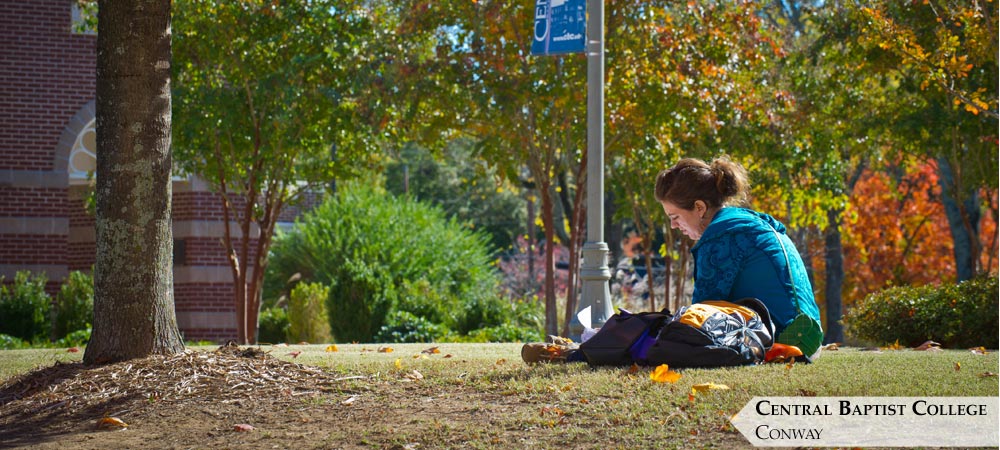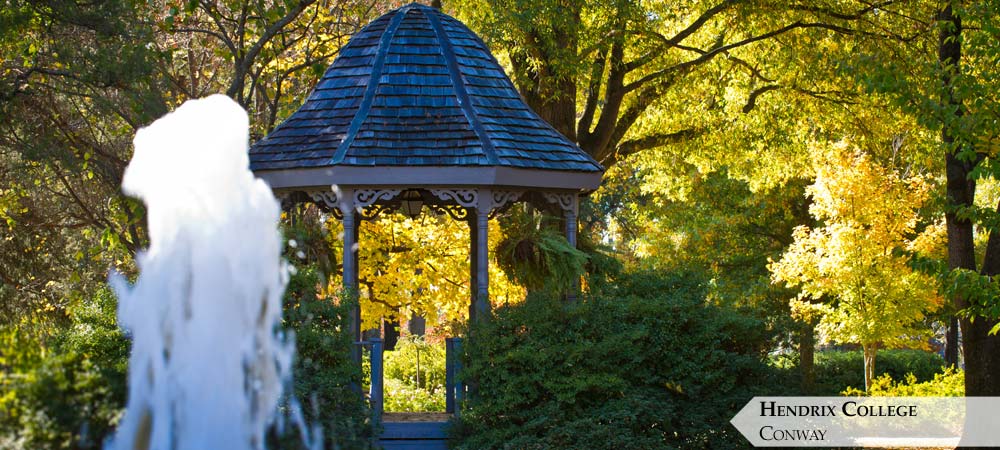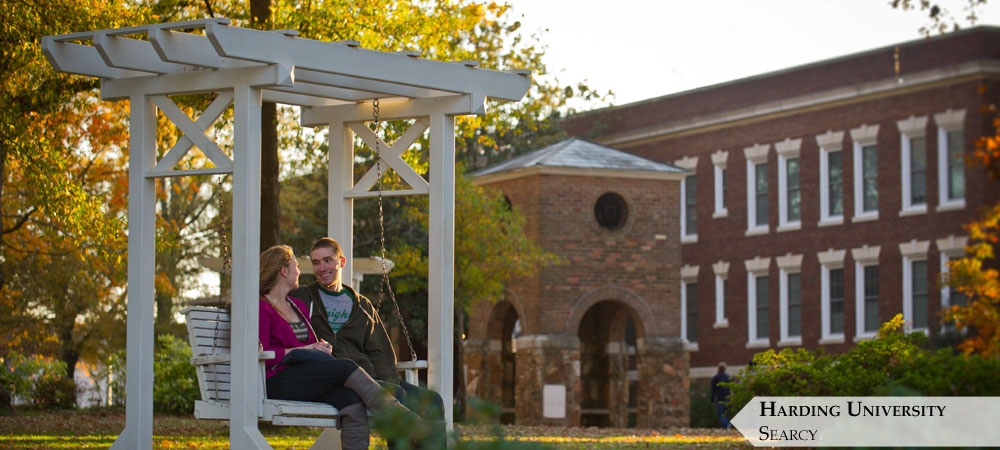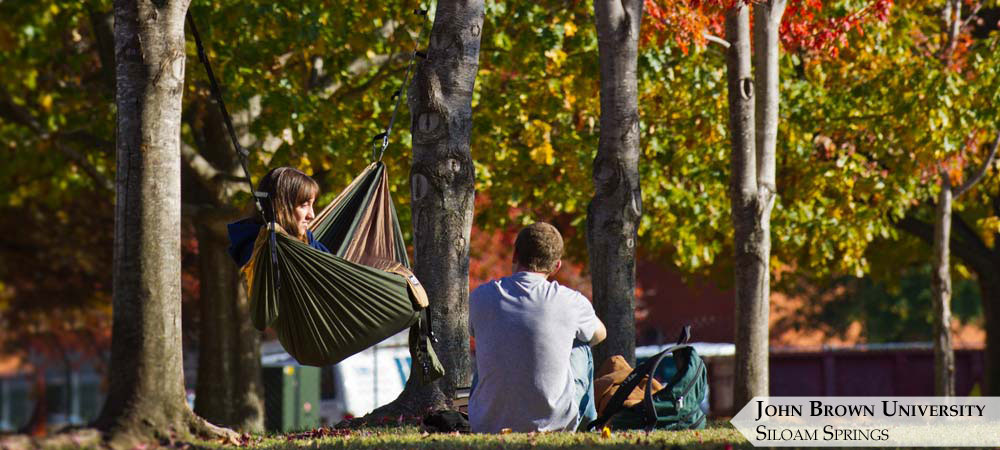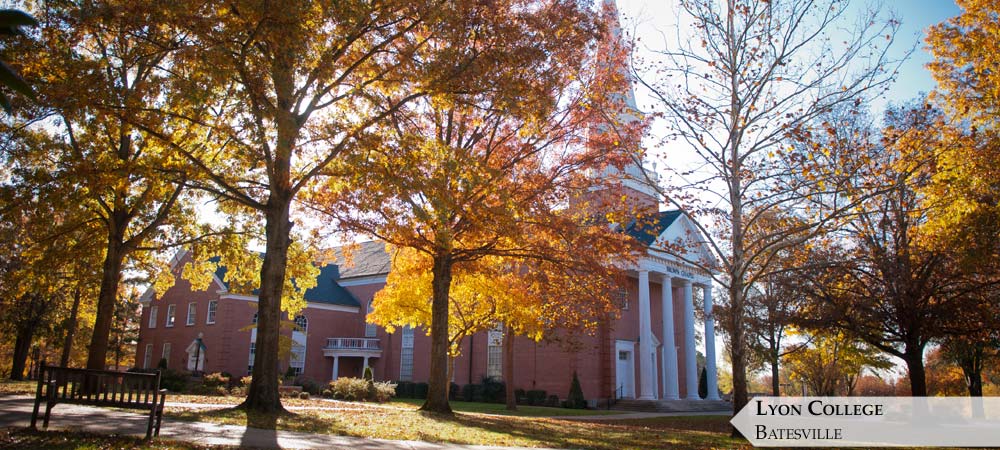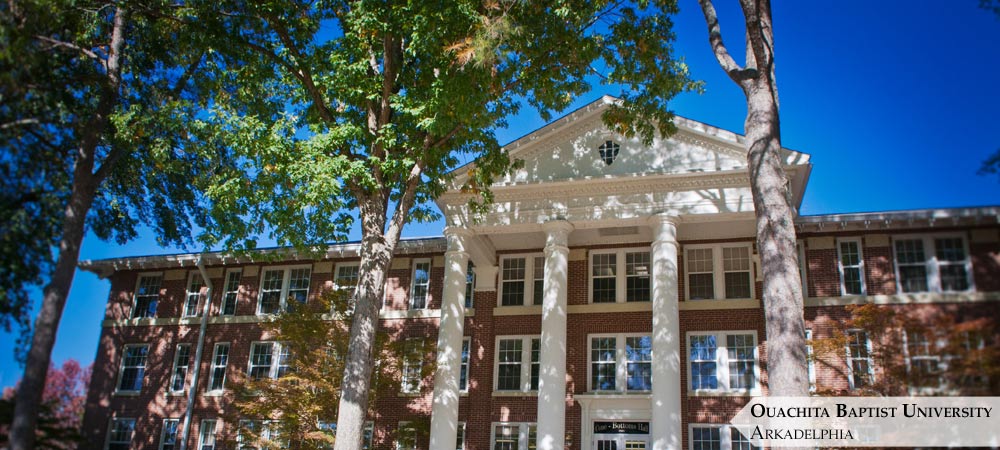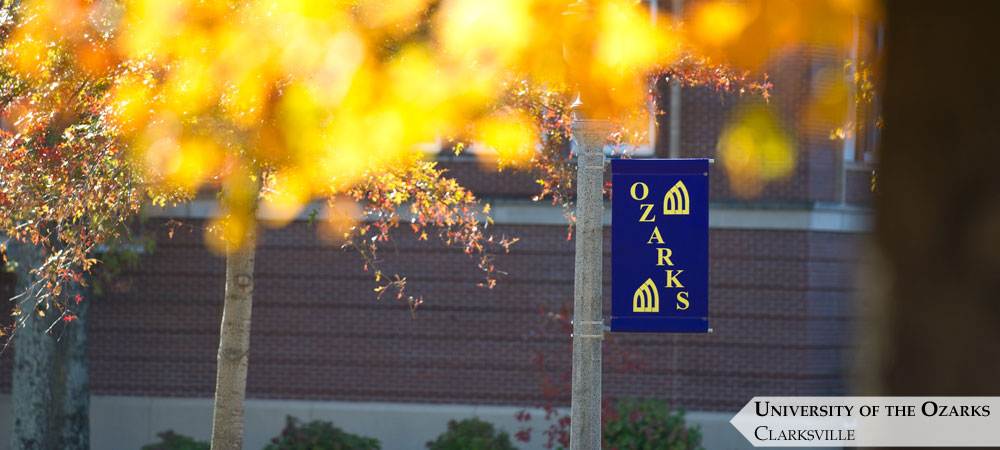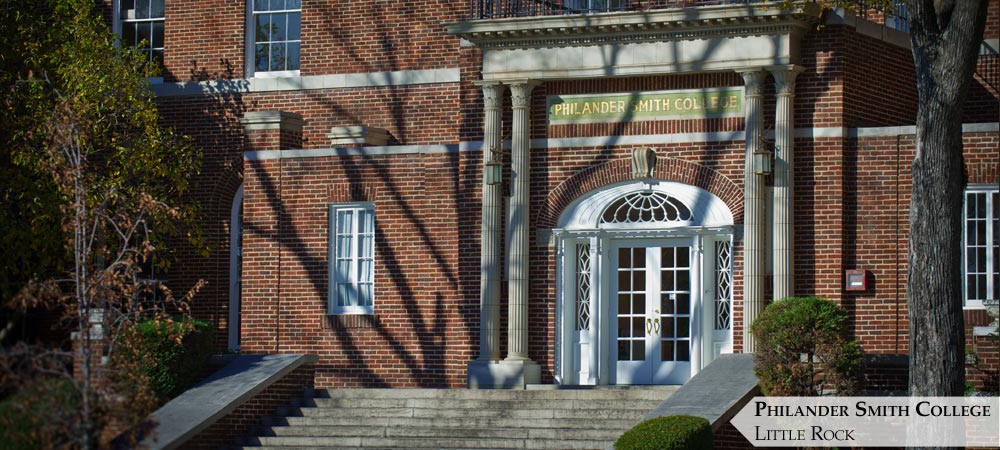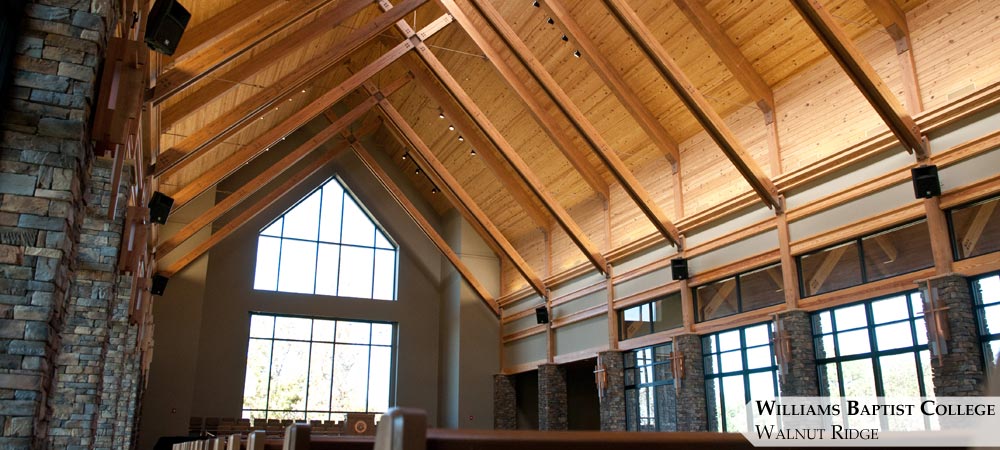Johnny Moore didn’t have a Plan B when his pro basketball dreams never materialized, but a romantic trip led to a Florida college. His heart never left Arkansas, though, and he returned last summer to take the helm at his alma mater, Philander Smith College.
By L. LAMOR WILLIAMS
As a small-town boy from southwest Arkansas, Johnny Moore dreamed basketball would be the vehicle that would take him to the big city and, more importantly, the big bucks.
It seemed possible. Likely, even. He had earned basketball scholarships to Philander Smith College and the University of Texas at El Paso, where NBA great Tim Hardaway would’ve been a classmate.
But as an impressive senior year – where Moore was averaging about 28 points per game for Philander Smith – drew to a close in 1989, Hardaway would be known for his “UTEP two-step” and Moore would still be waiting for a call from the scouts. It never came.
“You assume you’ll get picked up by some team, but there are no phone calls and you start wondering, what am I going to do? Fortunately, I had studied a little bit, so I had other opportunities academically,” said Moore, who today is president and chief executive of his alma mater. “I didn’t have a just-in-case in mind so I decided to go to grad school. … I thought [a master’s degree] would buy me more time, but they still didn’t call.”
Moore, 46, will be officially inaugurated as the university’s 13th president May 3 inside Harris Auditorium, just in time to preside over the school’s commencement ceremony the following day.
It hardly seems improbable today, this lofty academic spot, but Moore began graduate school at Arkansas State University still thinking about pro basketball. The closest he came to that dream was the day he took the court with former Harlem Globetrotter Geese Ausbie and his Geese Ausbie All-Stars. The team was playing a game not far from Jonesboro and was one man down. Ausbie called Moore as a temporary fill-in.
Because of school, Moore couldn’t travel around the country with the All-Stars and Ausbie encouraged him to continue his studies.
“When you look at my resume you might think, ‘Wow, this guy had it together,’ but I didn’t have a clue as to what I wanted to do in terms of a professional career outside of sports,” Moore said from across a round table in his spacious office at Philander Smith.
CAREER-MINDED ROMANTIC
While finishing his graduate degree at ASU, Moore took a teaching position at East Arkansas Community College, where he met his wife, Sequoyah, who was a student there. He was engaged and living in Forrest City, but a chance trip to Florida for a romantic getaway led Moore to Indian River Community (now State) College.
“It was Feb. 12, [1994]. Sequoyah was my fiancee at the time and said we never do anything romantic. I was looking at the Chronicle of Higher Education and noticed an advertisement that said, ‘Visit the state of Florida.It’s the Great 28’ because they have 28 community colleges. There was a minority job fair and I thought: ‘Oh man, I’ve never been to Florida. It’s near Valentine’s Day. The fiancee is harassing me that we never do anything romantic. I got it!”’
That spark of romance and, OK, an ulterior career-minded motive, was how Moore ended up at a job fair that weekend.
“We were there for 16 years.”
Moore rose through the ranks at the Fort Pierce, Fla., community college, becoming a tenured professor and then vice president of student affairs. Success notwithstanding, the fresh start was bittersweet.
The day after the move, his mother died and his family returned to Arkansas for her funeral. After they returned to Florida, getting closer to home and aging parents was never far from their thoughts.
Johnathan was born eight years ago and they yearned for him to know his grandparents. They wanted to be closer to home.
So where is home, exactly? He generally tells people he’s from Hope. It’s the birthplace of former President Bill Clinton and is more recognizable, even to Arkansans, than Old Washington. “And really [home] is in between Old Washington and Hope. So it’s just somewhere,” he says.
“A funny thing is that our home address where we lived as kids said Old Washington, but our phone was a Hope prefix, 777, and our electricity and gas was Texarkana, so you tell me where I’m from.”
Moore’s ascension in academia seems like a series of happy coincidences. And one such coincidence got him and his budding family closer to home.
THE PRESIDENCY
Even in Florida, Moore’s career had caught the attention of Mike Metke, president of Tyler Junior College in Texas, less than three hours from Moore’s home town.
“I had heard about him and his reputation and that he’d been considered for presidencies already and was getting recognition,” Metke said. “If he came to a college like Tyler, I thought it would help him move into a presidency. It was really as much a matter of us recruiting him as him being an applicant.”
Moore was executive vice president of student affairs at the junior college when he was picked a year ago to lead Philander Smith, which this semester enrolled 658 students.
“He was every bit and more of what I had heard. He exceeded all our expectations, and our expectations were pretty high.”
Generally, when someone cites as a best quality an ability to “see the big picture” and “bring people together,” such assessments seem cliched at best, disingenuous at worst, but colleagues and friends struggle to find more artful language to sum it up for Moore.
“I saw him as a future president and, frankly, I would’ve loved to see him succeed me here at Tyler. He has great interpersonal skills and is a visionary who can bring people together,” Metke said. “Oftentimes, when you have a leader of a unit, that person only advocates for and tries to secure as much of the campus’ resources for that unit as possible. With Johnny, it wasn’t about how much money he could wrestle from the budget for his area, but what was best for the entire college. He was great at finding innovative ways to partner with other departments.
“There are lots of people I work with who are colleagues and whom I respect. But above all that, I really like Johnny Moore. He’s fun to work with.”
He’s a great basketball player too, Metke said.
“We were just talking about our intramural basketball games … I think he surprised some of the young students. [We] had a very competitive intramural team because of Johnny. He might not be able to dunk the ball, but he’s a really good shot. Still makes the three-pointers.”
Where building partnerships is his greatest strength, Moore sees his age as his greatest challenge.
“I’m not that old,” he said. “I have experience but this is my first year as president. I’ve been in higher education for 23 years … executive-level for 10 years. I’m not set in my ways [which] I guess is a strength and a weakness at the same time.”
That’s humble, says Sherman Tate, a Little Rock business owner, Philander Smith alumnus and former board member who was serving when previous PresidentWalter Kimbrough was hired, but Moore’s age can only be a huge asset for one of the state’s historically black colleges.
“I saw him as a younger man, which was good coming on the heels of Dr. Kimbrough, who was also a young man. The students seem to identify with younger leadership. What I saw in him was energy and commitment. I can’t overstate how important it is to have someone coming back that started their academic training at Philander Smith College. He understands the college’s unique history.”
Where Kimbrough was known as the “hip-hop president,” Moore is more likely to become known as the “jazz president.” He has a calming yet commanding, easygoing but upbeat demeanor, where Kimbrough, who left Philander to lead Dillard University in New Orleans, seemed like a live wire, a bundle of energy just waiting to be expended on the next project.
DIVERSITY 2.0
For Moore, the next project is completing the school’s latest five-year strategic plan. The most recent plan ended in 2012. Moore didn’t reveal details of the next plan, but he wants to expand the college’s distance learning and studyabroad programs.
The college is affiliated with the United Methodist Church, and “part of our mission is to create disciples for Christ and try to prepare them to make a difference in the world,” Moore said. “To do that, we need a lot of diversity not only among students but among the staff.”
Can there be so much diversity that it’s no longer “an HBCU,” the acronym for historically black college or university?
“Unfortunately, years ago African-Americans could not go to predominately white institutions, but these institutions [HBCUs] have always been open to people regardless of race, ethnicity … you name it,” he said. “That’s also part of our mission. So I don’t think so.”
The Philander Smith of today is a vastly different campus from the one Moore attended in 1989. The building that houses his office didn’t even exist, nor did the one next to it. He played basketball games at the Dunbar Recreation Center; such were the options for indoor athletics on the school grounds.
A few faculty members remain who knew him then. Frank James, the vice president of academic affairs, taught him calculus. A Philander alumnus and former football player, James said he readily identified with theyoung Moore.
“My class was very early in the morning. It was scheduled at 7 a.m. I started at 6:45 a.m. and seldom did I ever finish on time. I believed that students should get their full money’s worth. One thing I remember about Johnny was his determination, his ability to stick to a task.”
James knew that determination alone might not be enough to get the 5-foot-11-inch Moore to the NBA, no matter how talented he was.
“I would never discourage a student’s dreams, but I always advised them to have a Plan B,” James said. “At the time he came through, NBA contracts weren’t as big as they are now. They didn’t have a [development] league like they do now. If he had come through now, I think he would’ve been picked up.”
But then, what of Philander Smith College? What of a dream deferred? As thepoet Langston Hughes put it, sometimes it explodes.
“In all of my students that have done well, I take a certain pride, but in Johnny’s case, I take particular pride,” James said. “He’s going to make his own legacy and I hope that legacy will be as large as my pride for him getting this job.”
Moore today leads chapel services in the same building where he once sat daydreaming – a finger-roll layup over an opposing center, a buzzer-beater from six feet beyond the arc, all that NBA acclaim.
“We have President’s Chapel: I talk to them about leadership … was telling them dream big because several years ago, I was in those same seats listening to the president and I had no idea that one day I would be the college president,” he said. “Being a college president was not on my radar; as I told you before, I was all about basketball. I told them that if I can do it, they can do it. I tell them to take it serious. I took it serious but not seriously enough. I didn’t dream big enough.”
SELF PORTRAIT Johnny Moore
BORN: Nov. 30, 1966, in Old Washington, Ark.
FAMILY: Wife Sequoyah, son Johnathan and daughter Jayna
WHAT’S ALWAYS BESIDE MY BED: My iPhone
MY FAVORITE PLACE IN THE HOUSE IS my study. This is a place where there’s no TV. It’s not an office because I don’t work in there. I don’t take my cell phone in there. It’s a place where I catch up on reading. There’s only one person who’s allowed to come in there and bother me when I’m in that room and that’s my 15-month-old because I can’t control her.
THE LAST BOOK I READ WAS a book on leadership, The Advantage.
WHAT’S ALWAYS IN THE FRIDGE: Ozarka spring water.
MY GUILTY PLEASURE: Ice cream. I am an ice cream fanatic. I have a banana split almost every other night. I have an 8-year-old, he comes downstairs and that’s what we usually do. I’m thinking about getting some ice cream right now.
MY LAST MEAL: I’m a country boy. I love when my wife makes a Sunday-type meal [of] yams, chicken, green beans, cornbread. That’s one of those meals you eat on Sunday and watch football and sleep.
I WON’T EAT beets. They’re disgusting!
ONE ON ONE, YOU AND PRESIDENT OBAMA … No question. I would win hands down. And, there would be no need for a recount.
ON A DESERT ISLAND I WOULD NEED: Something to read. I wouldn’t need a TV or anything as long as I have something to read.
ONE WORD TO DESCRIBE ME: Focused

